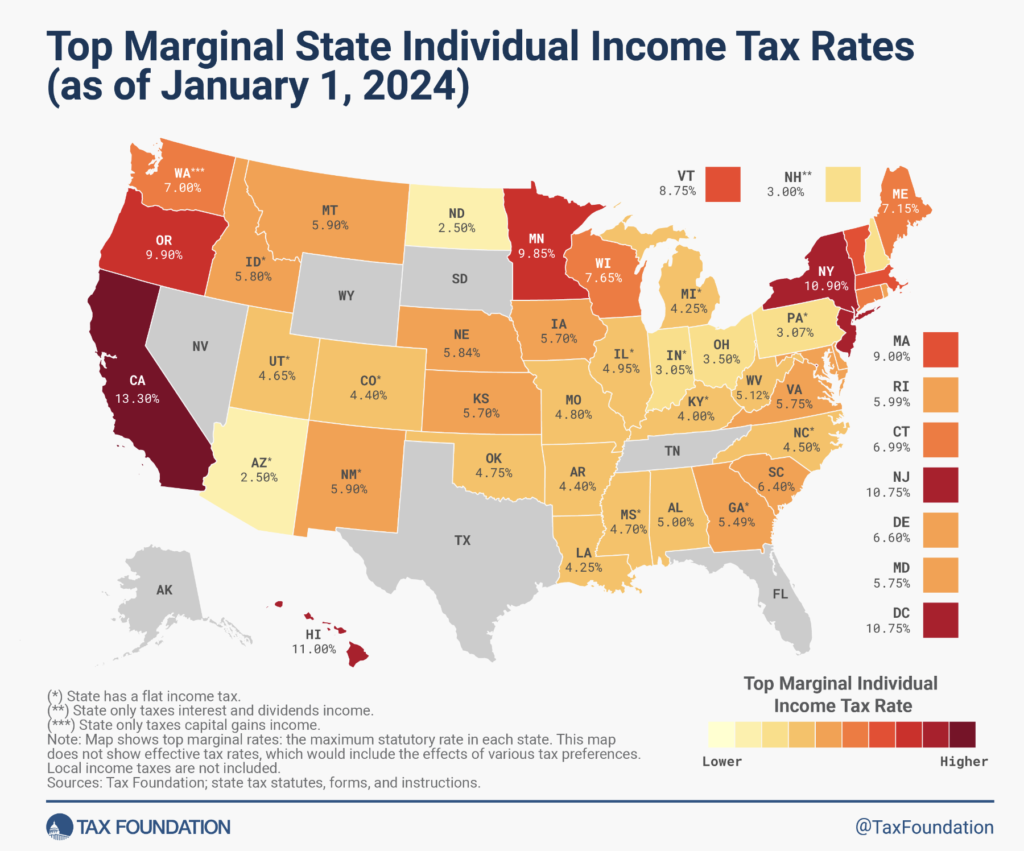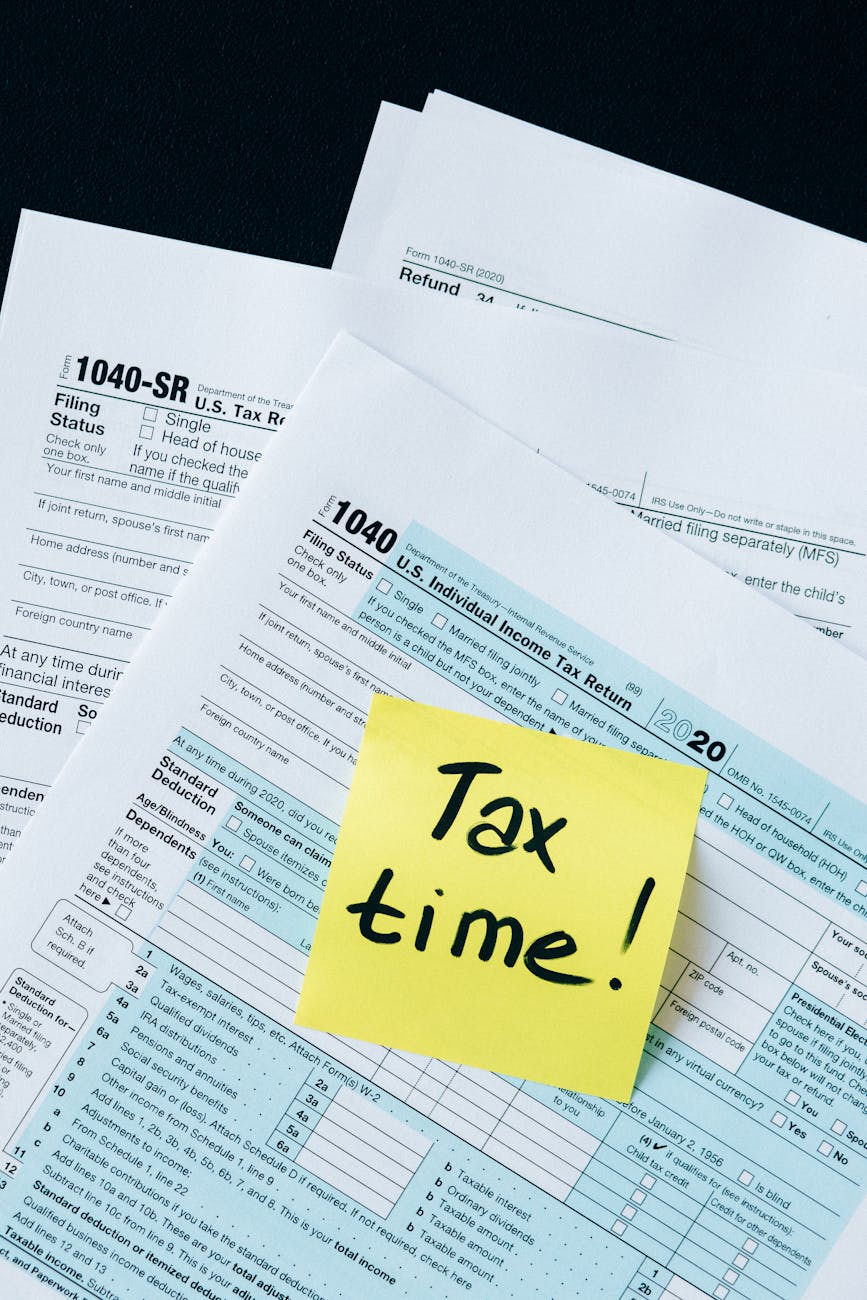Demystifying Tax Refunds: Get Your Money Back and Keep More in Your Pocket

Tax season. Two little words that can strike fear into the hearts of even the most organized among us. But what if you could approach tax filing with a sense of empowerment, knowing you’re getting the most out of your return? This post will guide you through the maze of deductions and credits, with a focus on those often-overlooked gems.
Do’s and Don’ts of Tax Refund Maximization
- Do: Gather all your paperwork – W-2s, 1099s, receipts for charitable donations, etc.
- Don’t: Miss out on free tax filing resources offered by the IRS or your state.
- Do: Explore tax credits like the Earned Income Tax Credit (EITC) or the Child Tax Credit, even if you think you might not qualify.
- Don’t: Forget about deductions for student loan interest, home office expenses (if you work from home!), or mileage driven for work purposes.
Tax Law Updates and Work-From-Home Perks
- Stay informed! The tax code can change year to year. Check the IRS website for the latest updates on deductions and credits [IRS tax code for VA].
- Working from home? You may be eligible to deduct a portion of your home office expenses, including rent, utilities, and internet. Be sure to keep records of these expenses.
Beyond the Basics: Deductions You Might Not Know About
- Charitable contributions: Donations to qualified charities can add up to significant deductions. Keep receipts for all contributions.
- Education expenses: Student loan interest, tuition, and fees may be deductible.
- Medical expenses: Out-of-pocket medical costs exceeding a certain threshold can be deducted.
- Homeownership perks: Mortgage interest and property taxes can be deducted (check with a tax professional for limitations).
Planning Makes Perfect: Preparing for Next Year’s Tax Return
- Consider adjusting your W-4: This form determines how much federal income tax is withheld from your paychecks.
- Save receipts and keep good records: Throughout the year, hold onto receipts for potential deductions and categorize them for easy reference come tax time.
Software Showdown: Free vs Paid Tax Filing Options
There are a variety of tax filing software options available, some free, some with tiered pricing. Free options are great for simple tax returns, while paid software offers more guidance and features for complex situations. Research and compare different software to find the best fit for your needs.
Make Tax Day a Breeze
Tax season can be like picking ripe pears: it requires patience, careful examination, and a gentle touch to ensure you get the sweetest returns.

The Green Effect: Home Improvement Tax Credits
Tax credits for energy-efficient home improvements like solar panels or tankless water heaters may exist, but these credits change frequently. Check with your state’s Department of Revenue or Energy for current offerings.
The Political Landscape of Taxes
Taxes are a hot-button political issue. Generally, Republicans favor lower taxes and less government spending, while Democrats tend to support higher taxes on wealthier individuals and corporations to fund social programs. Understanding these differing philosophies can help you stay informed about potential tax law changes.
State Tax Variations
State tax rates vary widely. Some states have no income tax at all, while others have a progressive tax system where higher earners pay a higher percentage of their income in taxes. Considering a move? Research state tax rates to potentially save money.

New Homeowner Checklist
- Mortgage interest and property taxes are potential deductions, but consult a tax professional for specific limits.
- Home improvement costs may be partially deductible depending on the project.
Remember, this is just a starting point. Tax laws can be intricate, so consulting with a qualified tax professional is always recommended, especially for complex situations. By familiarizing yourself with deductions and credits, you can take charge of your tax return and keep more of your hard-earned money!






